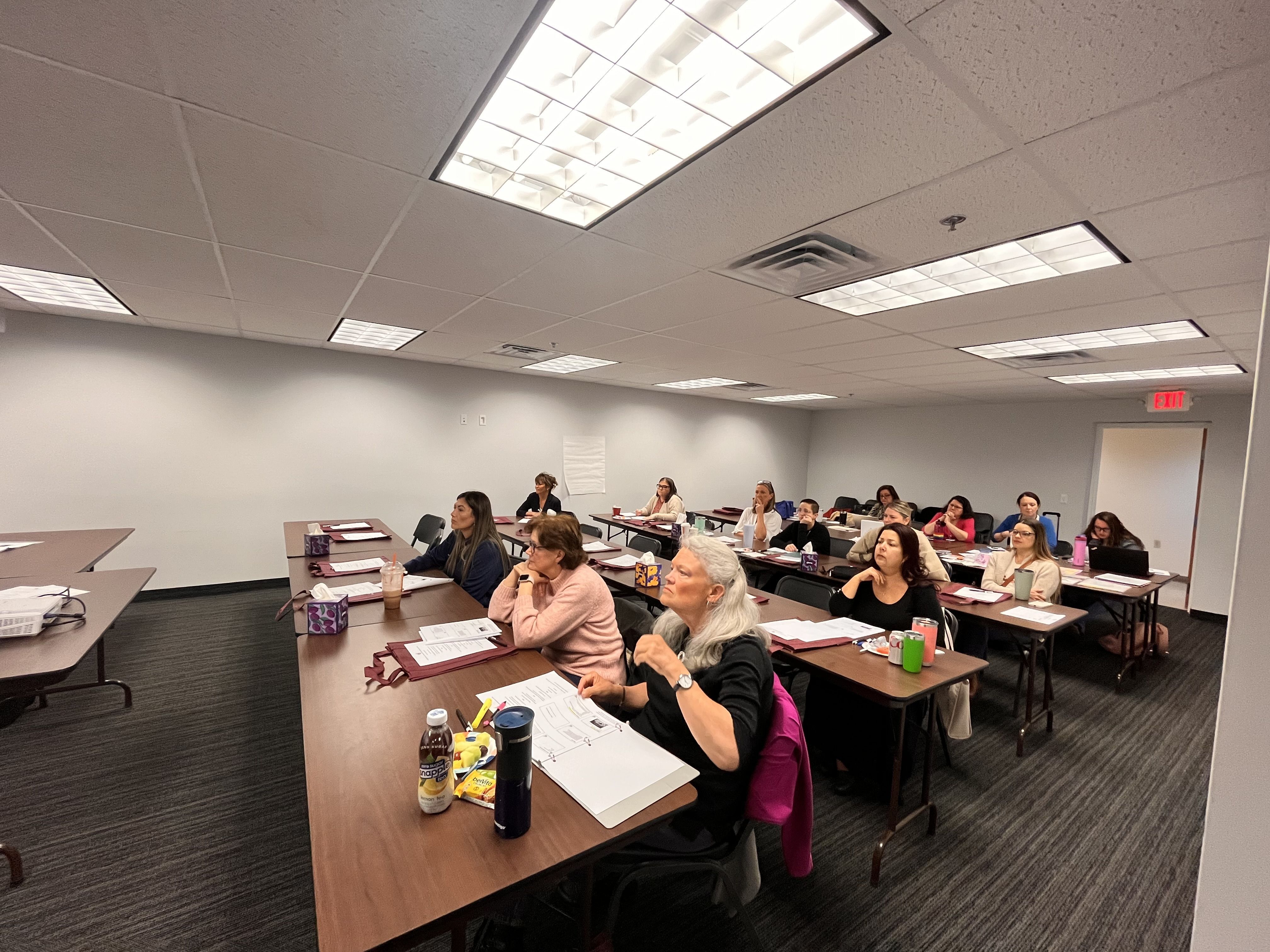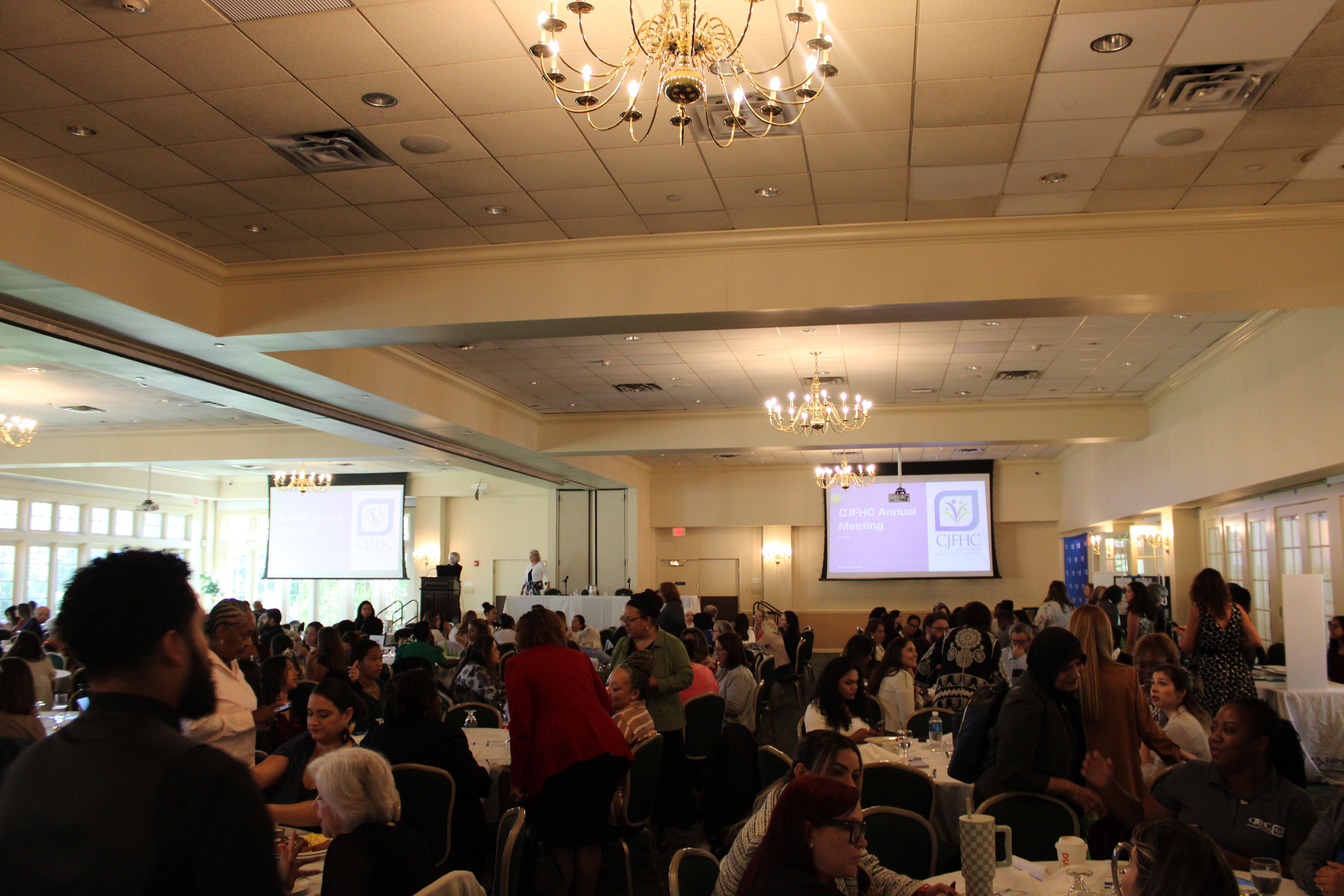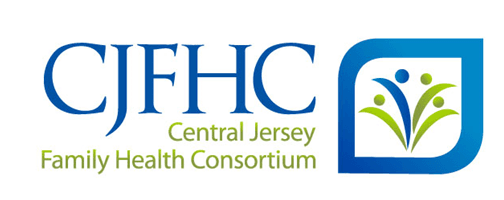CJFHC Inc. (CJFHC) is a private 501(c)3 Non-Profit licensed by the New Jersey Department of Health. CJFHC is part of a regionalized Maternal & Child Health System serving Hunterdon, Somerset, Middlesex, Mercer, Monmouth, and Ocean County.
History
CJFHC as it stands today was organized in 2011 after the merger of the Central New Jersey Maternal and Child Health Consortium and the Regional Perinatal Consortium of Monmouth and Ocean Counties.
Mission
Our mission is to promote an equitable and healthy future for families through services, advocacy, education, and collaboration.
Vision
Ensuring a legacy of health one family at a time.
We have been a vital part of our community for a number of years. We were founded to serve a growing segment of our community in need of inaccessible services. We have continued to grow with the help of our donors and volunteers that make our mission possible. Through all these years our purpose still remains the same: bring services to those in need.
What We Do
Through collaboration with hospitals, educators, public health agencies, community-based organizations, consumers, and health care professionals, CJFHC:
- Assists hospitals, community-based organizations, and professionals in providing access to maternal and infant healthcare and support services.
- Provides programs and services supporting maternal and infant health directly to consumers.
- Develops and distributes information about maternal health programs, initiatives, and legislature to professionals and consumers.
- Collects, interprets, and disseminates data through the Vital Information Platform (VIP). Through this platform CJFHC:
- Coordinates a variety of state mandated activities related to maternal and child health data collection. This data is compiled and analyzed.
- Annually publishes data in the Continuous Quality Improvement and Data Report, guiding maternal health related activities, community agencies, hospitals, and consortiums within central NJ in the planning of programs and procedures.

Promoting a Regionalized Standard of Care through Education for Professionals
CJFHC promotes affordable and localized obstetric, neonatal, and pediatric evidenced based standards of care by providing quality comprehensive education opportunities for professionals. These opportunities include:
- Webinars.
- Online seminar and support groups.
- Half-day and full-day conferences.
- On site, in-unit / in-hospital in-services.
- AWHONN Obstetric Patient Safety Courses.
- Postpartum Depression and Perinatal Addiction Education.
- Grand rounds and more.
Learn more about how we can support you as a professional.

Community Collaboration and Education
CJFHC establishes strong relationships in Central Jersey communities through its independent programming and partnerships with community-based organizations. By offering a diverse range of programs, activities, and resources, CJFHC strives to create a healthier future for birthing individuals and their families. These programs include:
- Online and in-person support groups.
- Parenting classes.
- Breastfeeding and lactation workshops.
- Emotional support resources.
- Referrals to community resources and more.
Learn more about our community programs.

Membership
CJFHC is proud to offer membership to individuals or organizations in Central New Jersey who work with birthing people and their families in the infant, perinatal, prenatal, and postpartum periods.
Membership offers networking and advocacy opportunities, discounted rates on continuing education, access to data and research, and more.


